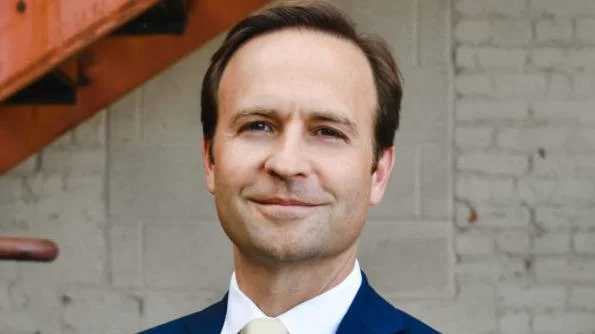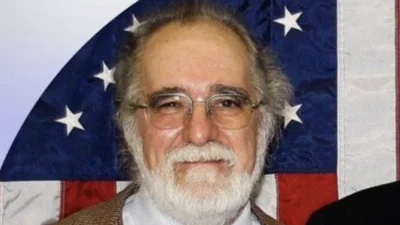Brian Calley President and Chief Executive Officer at Small Business Association of Michigan | Official website
Brian Calley President and Chief Executive Officer at Small Business Association of Michigan | Official website
As companies implement return-to-office mandates, a new trend called task masking is emerging. Task masking involves employees appearing busy without being productive, raising concerns for HR professionals focused on genuine engagement and efficiency.
Task masking includes behaviors like typing loudly or joining fictitious meetings to create the illusion of productivity. Workplace strategist Jennifer Moss attributes this to the outdated belief that physical presence equals productivity. Employees engaging in task masking may not be lazy; they might have completed their tasks with little meaningful work left. Previously, downtime allowed for informal social interactions, but the current focus on constant productivity discourages such breaks.
A primary driver of task masking is how organizations measure productivity, often relying on traditional metrics like hours worked instead of actual outcomes. This emphasis on "busyness" over meaningful contributions forces employees to stretch tasks or fabricate work appearances to meet performance expectations. The persistence of hustle culture exacerbates the problem, leading employees to resort to task masking rather than genuine productivity.
HR professionals see task masking as an opportunity to reshape productivity assessment and foster a culture valuing results over mere presence. Strategies include shifting to goal-oriented performance metrics, encouraging meaningful work assignments, promoting a healthy work culture, training managers to identify and address task masking, and introducing performance-based rewards.
Task masking reflects systemic issues in defining and measuring productivity. By adopting goal-oriented assessments and prioritizing meaningful work, HR professionals can help eliminate task masking and create workplaces where employees feel engaged and valued.
"The future of work is not about clocking hours; it’s about making those hours count," concludes Heather Nezich from ASE.






 Alerts Sign-up
Alerts Sign-up